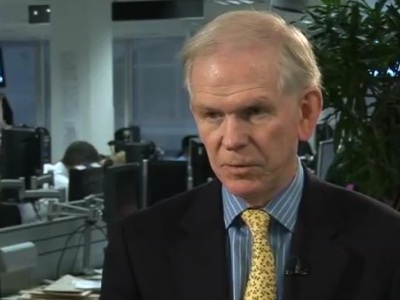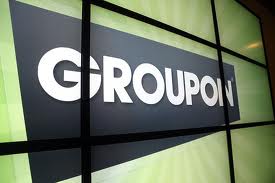Most of us had never heard of Evergrande until it showed up in the headlines in recent weeks.
Evergrande is one of the largest real estate development companies in the world, and it’s been a major beneficiary of China’s property boom of the past decade.
China built its wealth on an export-led model. But following the 2008 meltdown, its leaders tweaked policy to favor domestic investment.

Well, that had its benefits. China’s destiny became less tied to the appetite of Western consumers. Today, China has some of the best infrastructure in the world, at least in its developed coastal areas.
Speculative Property Market
But there were excesses and China’s leadership started to get uncomfortable with what was starting to look more like a property bubble with each passing day.
China passed new rules attempting to manage the bubble and dissuade borrowing. That, in turn, put pressure on Evergrande’s businesses, which brings us to today.
The company owes more than $300 billion and isn’t able to meet its interest payments.
Painful Memories
The Great Recession wasn’t all that long ago. We remember all too well what happens when the property sector goes bust and takes down the banking system with it.
Things started getting rocky in the U.S. by the end of 2007, but it wasn’t until Lehman Brothers failed in September of 2008 that the wheels fell off. That’s when the stock market went into convulsions and the entire banking system came close to imploding.
The Federal Reserve and the Treasury stepped in to stop the bleeding. But even then, the damage was done. We had the deepest recession in decades, and it took years to put things back together.
In my opinion, I don’t see China facing a “Lehman Brothers moment,” per se.
China’s Options
In my view, China can backstop its banks and prevent widespread failures. That’s not hard to do in a controlled, top-down economy.
Evergrande, in my opinion, might be allowed to fail with the Chinese government stepping in to make sure it doesn’t take down the financial system.
That said, we don’t need to see a Lehman-style meltdown for things to get nasty.
Beijing knows that China’s corporate sector has too much debt. But deleveraging is hard. If you borrow a dollar (or yuan) to spend today, it’s a dollar that you won’t spend tomorrow, unless you also borrow more tomorrow.
Reducing debt, or even slowing its growth, means that you’re draining demand out of the system. Less debt means fewer new construction projects, which means fewer construction jobs.
China is the world’s biggest consumer of most industrial commodities, particularly those tied to construction, such as copper. China gobbled up 54% of all copper mined and sold last year.
A serious slowdown in China’s domestic investment means a major reduction in global demand for commodities, which means slower growth in Latin America, Southeast Asia and even developed exporters, including Australia and Canada.
Takeaway
And what about all of those Chinese consumers? As an example, in any given year, Starbucks earns about 20% of its revenues from China, and Apple takes in about 17%.
Do you think a hard landing in China won’t have a massive influence on sales and earnings growth for these companies?
China has a serious problem on its hands. And a problem for China is a problem for the rest of the world.
This post first appeared on September 28 on the Money & Markets blog.
Photo Credit: Iwtt93 via Flickr Creative Commons
Disclosure
This piece is provided as educational information only and is not intended to provide investment or other advice. This material is not to be construed as a recommendation or solicitation to buy or sell any security, financial product, instrument, or to participate in any particular trading strategy.
This article is not intended as tax advice and is provided for educational and information purposes. Interactive Advisors does not provide tax advice. All references to tax matters or information provided here are for illustrative purposes only and should not be considered tax advice and cannot be used for the purpose of avoiding tax penalties. Investors seeking tax advice should consult an independent tax advisor.




